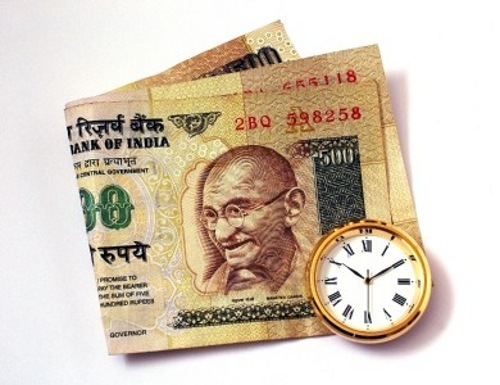
Sarita and her husband Shiva earn an income by working as a maid and a driver in the Vijayawada district of Andhra Pradesh. They invest a part of their income in the Dhanarashi Chit fund that is run by a local jeweller. When the first meeting was called for the auction of the fund, Sarita and her husband did not participate and chose to wait for better returns. However, by the time Sarita was ready to bid, the jewellery shop was busted and the owners were caught by the police for fraudulent transactions. The police assured Sarita and other investors of the fund that their money would be returned; however, it’s been over a year and they have still not received any news.
What are Chit Funds?
Chit funds are indigenous saving mechanism that is unorganised and run between friends, families and known persons. Chit funds are easy to join as there is very little paperwork to be submitted and the entire set up is based on trust. They have been around for over 1000 years and are present in other countries too where they are popularly known as Rotating Savings and Credit Associations.
How do they function?
Suppose a group of 65 members come together and contribute Rs. 3,000 every month for 65 months. The corpus will collect Rs. 1, 95,000 in the first instalment. Every month, an auction will be held in which the members are allowed to bid for the chit fund amount collected that month and the person offering the lowest bid will be awarded the bid. The bid will begin at a minimum discount of 5% (foreman/fund administrator’s commission) and can go up to a maximum of 40%. Suppose the winning bidder is willing to offer a discount of 35% in the first month, then, s/he will get Rs. 1,26,750. The discount amount of Rs. 68,250 minus the 5% commission to the foreman will be distributed as dividend amongst all the members. So, once the foreman is paid Rs. 3,412.50 as commission, the balance amount of Rs. 64,837.50 is distributed among the 65 members and each member is entitled to Rs. 997.50 as dividend. The dividend amount is adjusted with the next month’s instalment to be paid by the members and hence the next instalment contributed will be Rs. 2002.50.
The winner of the bid, also known as the “prized member” will have to continue contributing to the chit fund for all 65 months even though they are not allowed to bid again. The members who wait till the end for lower discounts will be the ones who really make a profit in the fund. The returns are not assured as it depends largely on the bidding interest.
Why are they Popular?
Chit funds are one of the most popular investment vehicles in the country even though it is unregulated and the entire set up is built on trust. Small businessmen and low income group individuals can avail funds on time at nominal rates through bids. Individuals who bid early in the chit funds do not earn any returns and end up paying an “effective” interest to avail the funds on an urgent basis.
It is difficult to assess the profit or loss a person makes from chit funds as the outcome is largely dependent on the bid results. Often, persons who have bid early have been able to avail funds at lower rates than what they would have had to pay the bank on availing a loan.
Regulation
A Chit Fund Act, 1982, has been framed to regulate and control chit fund operation by various state governments, but unorganised chit funds are rampant in the country. Since the chit fund need to deposit 100% value of the “pot” with the Registrar of Chits prior to commencement of the chit scheme, small funds do not register themselves as then they will have to forgo the auction for the first month as the foreman is paid the first month’s fund to compensate him/her for the deposit made.
Different Types of Frauds
Chit fund frauds have become a major issue and happen for various reasons, such as:
- The foreman/fund manager disappears with the corpus amount.
- A member could default in installment payment or disappear after winning the first bid.
- The discount rate might be rigged and a desperate member might end up paying a higher discount.
It is advisable to invest only in registered chit funds that have completed many chit funds in the past. The Ministry of Corporate Affairs has an exhaustive list of registered chit funds; however, many chit funds get unlisted, so do your research before investing. Secondly, only invest in a chit fund if you are confident that you will be able to complete all the installments or you might end up paying a penalty.
Considering the risks, it is inadvisable to invest in chit funds, but if you intend to join one, do your homework thoroughly as there is very little scope of recovery in case of a scam.